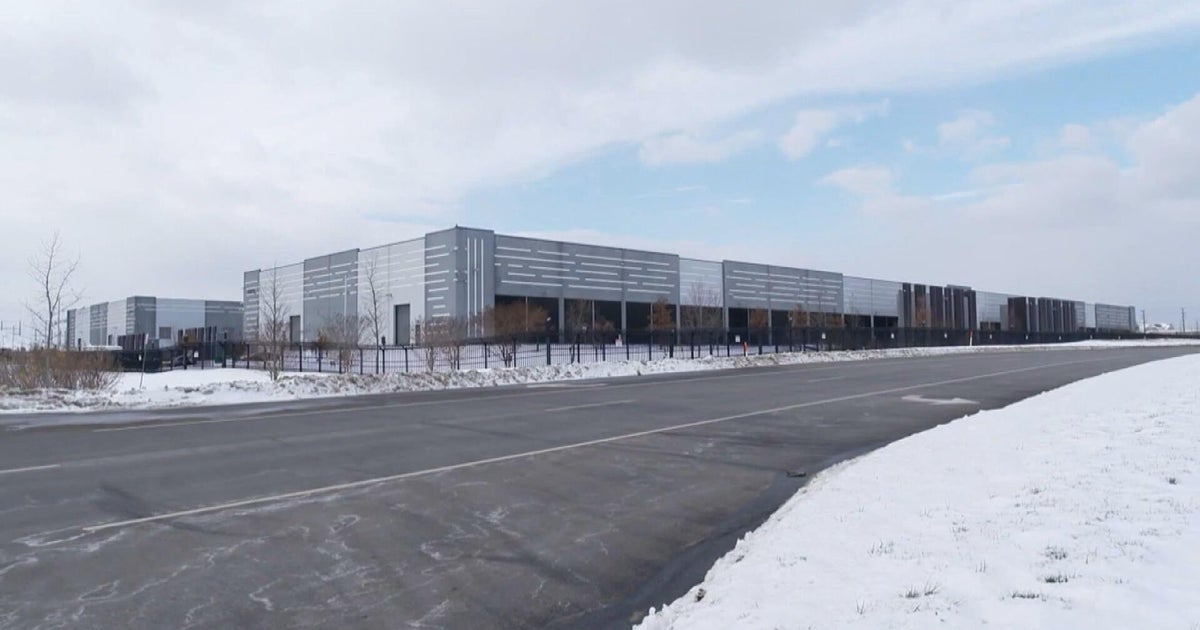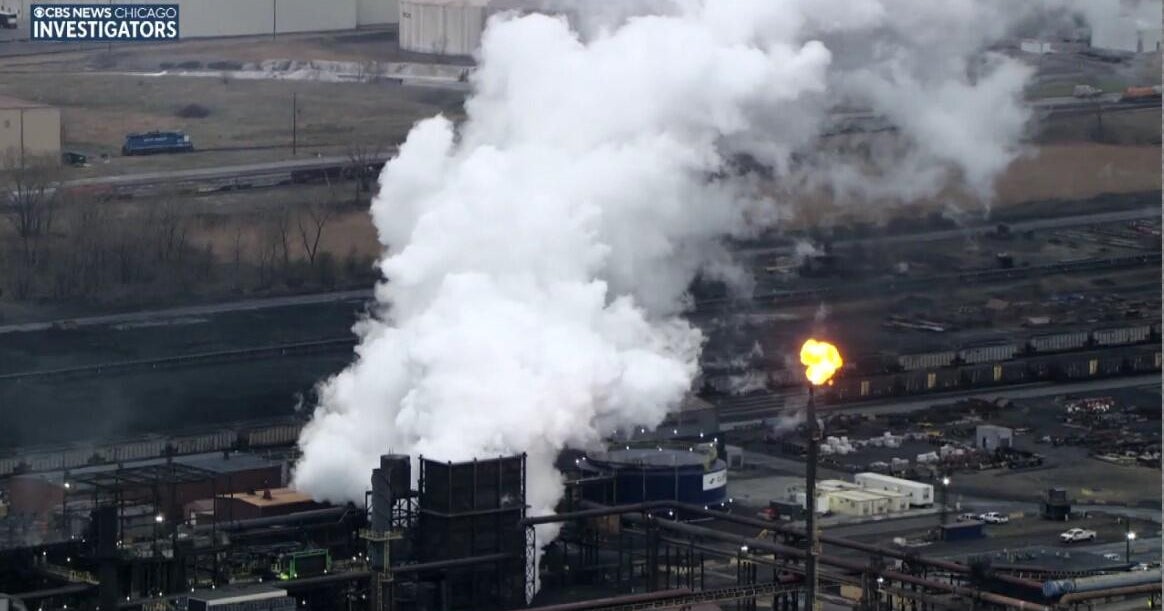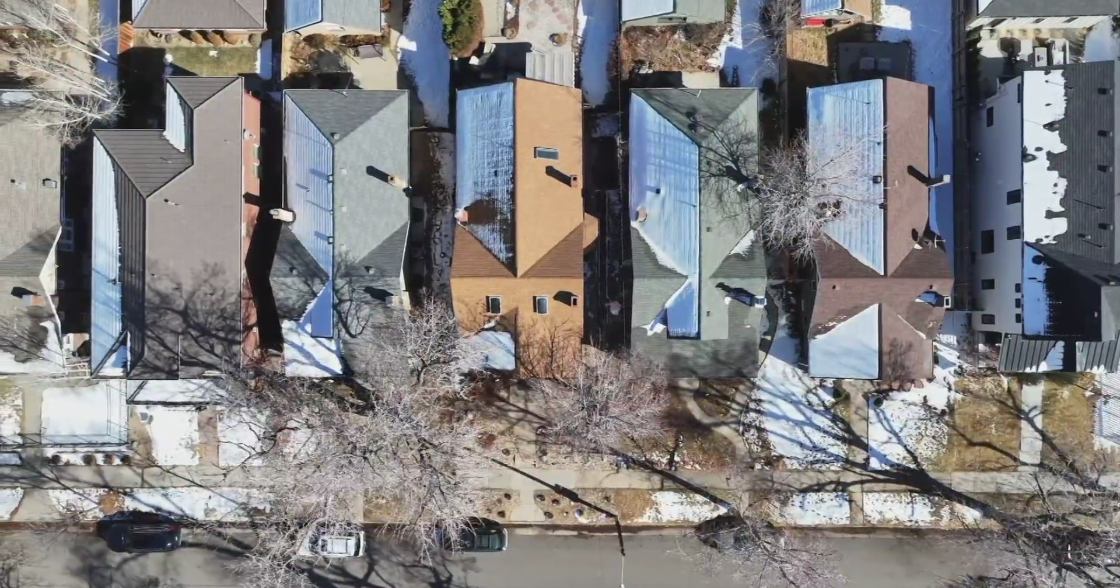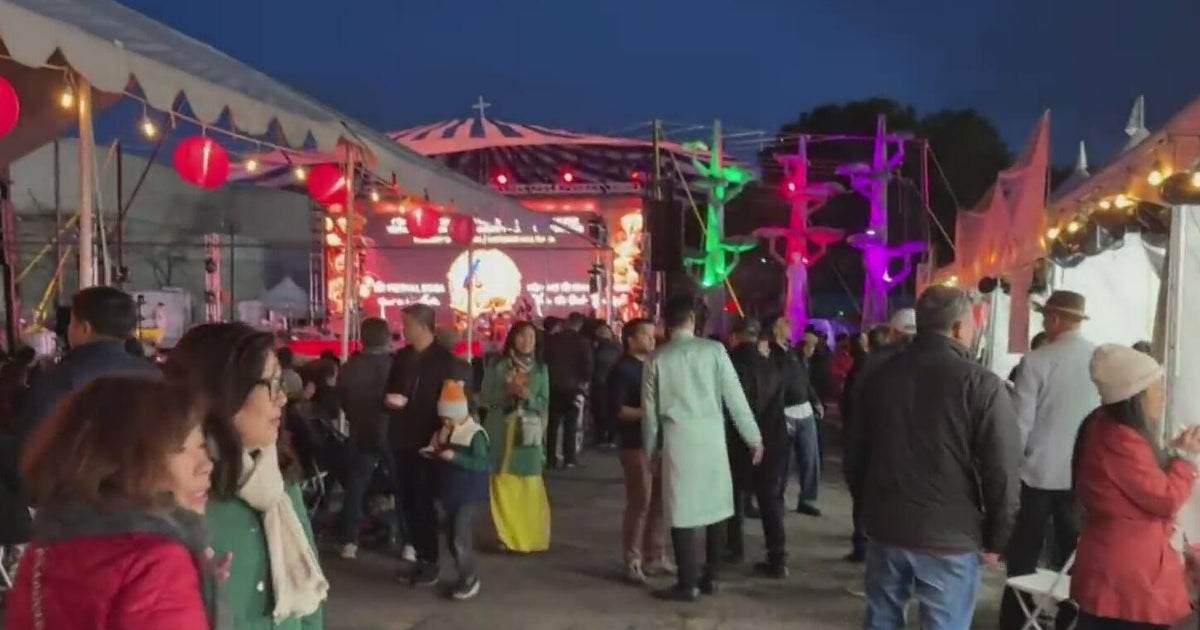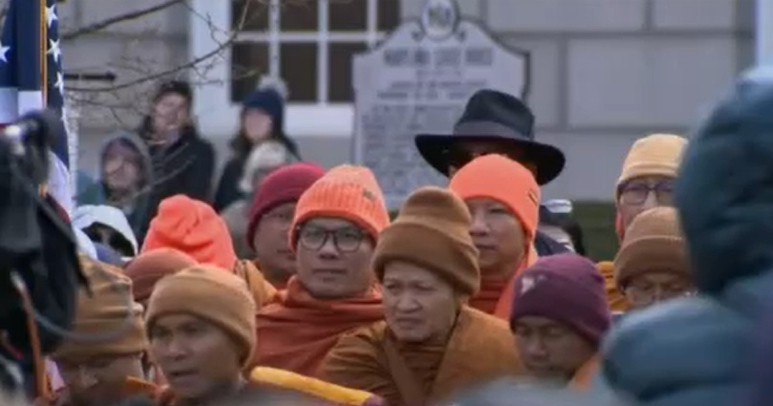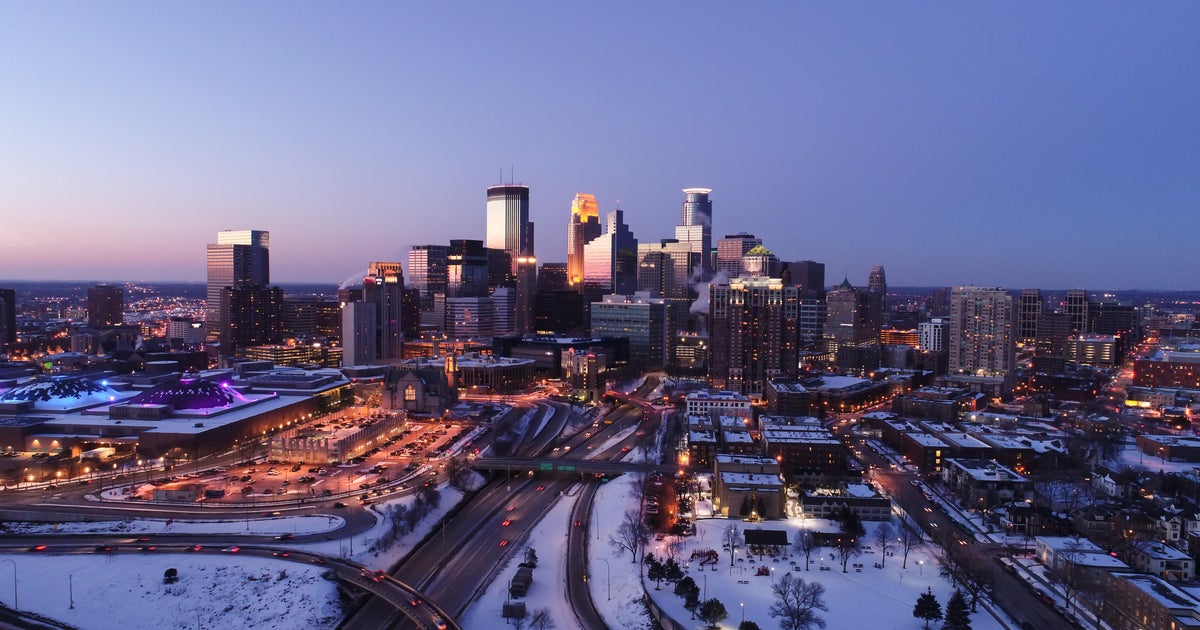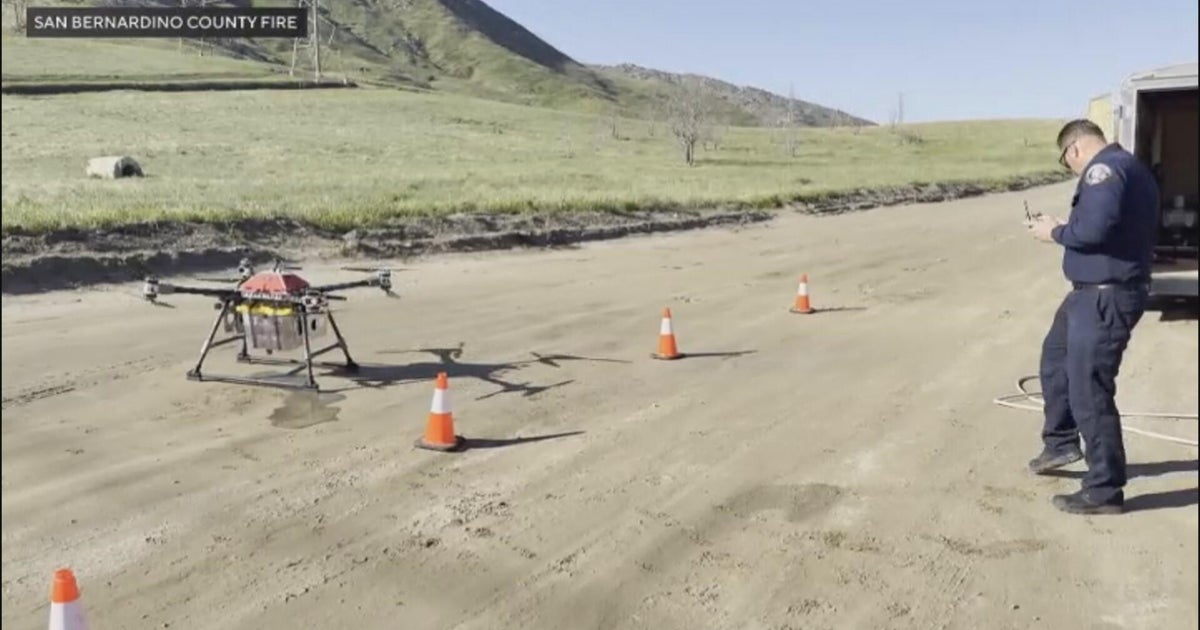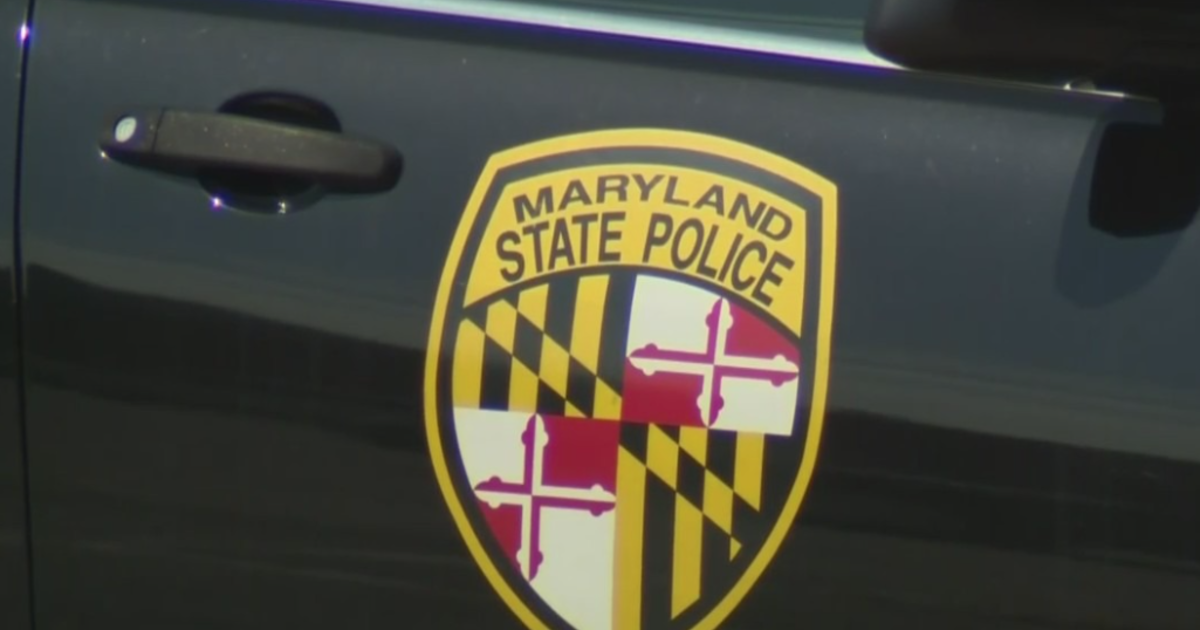Tri-State Area ranked 12th on list of most polluted metropolitan areas in the country for ozone
HACKENSACK, N.J. -- The quality of the air we breathe in the Tri-State Area is getting better, according to the American Lung Association, but some regions still received a failing grade.
Suspended between the blue sky and Earth's surface are invisible pollutants we all breathe in.
"Our report shows nationwide that 1 in 3 Americans are living in a county with failing air quality -- 54% of them are people of color," said Michael Seilback, the American Lung Association's national assistant vice president for state policy.
Seilback shared findings from the American Lung Association's "State of the Air" report, which focused on two dangerous air pollutants: ozone and fine particles.
Fine particles are a result of diesel exhaust.
"The effects of climate change are having a direct impact on the air we breathe," Seilback said.
More frequent and larger wildfires have sparked, especially out West. The smoke travels across the country. Cars, trucks and power plants contribute to ozone pollution.
"We are making progress," Seilback said.
He added that New Jersey noted some of the best ozone grades ever recorded. Still, the data showed Mercer and Bergen Counties received an "F" grade.
"Are you kidding?" asked Donna Prescod, an Englewood resident.
Sadly, no. Add the Bronx, Queens, Suffolk County and Fairfield County to the list of failing grades. In fact, the Tri-State Area ranks 12th on the list of most polluted metropolitan areas in the country for ozone. It scored an F. For particle pollution over a 24-hour period, the Tri-State Area got a C.
"I live up in Morris County, so we're fortunate we're out in the woods," Kinnelon resident Jon Blasi said.
On a clear day, though, when Blasi heads east, he can see the haze hanging heavy over the Big Apple.
"You can feel it. It doesn't feel fresh," Blasi said.
"If you live closer to highways, you're at a higher risk to develop lung disease," said Dr. Keith Brenner, chief of pulmonary medicine at Hackensack University Medical Center.
Dr. Brenner said children are most affected.
"If they're living in an area subjected to bad air, that can increase the risk of asthma, can affect how their lungs develop, and it can result in really poor lung capacity throughout life," Brenner said.
"We have talk to our congressman, our senators," Prescod said.
We can also take mass transit, move toward a cleaner commute, and keep our air conditioning and heat off or not on full blast.
if we each do something little, the cumulative effect to help clean up the air we breathe will be bigger.
The State of the Air report said the city closest to us with the lowest levels of ozone is Albany.

